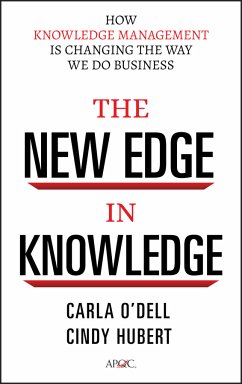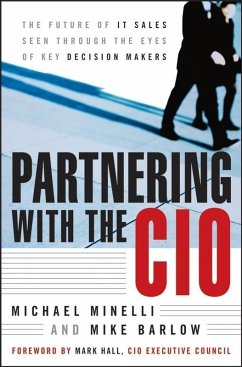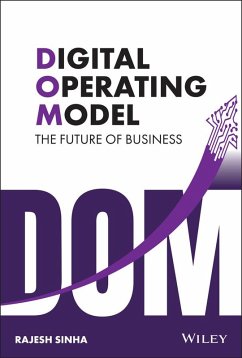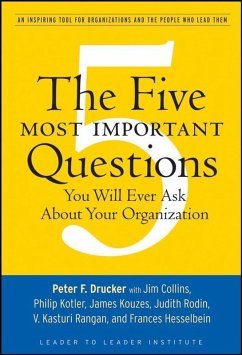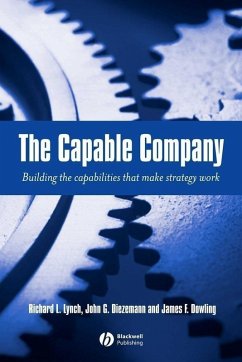
Managing the Future (eBook, PDF)
Foresight in the Knowledge Economy
Redaktion: Tsoukas, Haridimos; Shepherd, Jill
Versandkostenfrei!
Sofort per Download lieferbar
66,99 €
inkl. MwSt.
Weitere Ausgaben:

PAYBACK Punkte
0 °P sammeln!
In this book, leading authors explore ways in which organizations can develop their ability to manage the future. * * An exploration of the ways in which organizations can develop their ability to manage the future. * Consists of ten papers written by authors from both sides of the Atlantic and from Asia, all of whom are distinguished scholars in the fields of strategy or organizational learning. * Addresses key questions about how organizational foresight can be conceptualized and developed, and the extent to which it is possible. * The papers are prefaced by a foreword from Spyros Makridakis...
In this book, leading authors explore ways in which organizations can develop their ability to manage the future. * * An exploration of the ways in which organizations can develop their ability to manage the future. * Consists of ten papers written by authors from both sides of the Atlantic and from Asia, all of whom are distinguished scholars in the fields of strategy or organizational learning. * Addresses key questions about how organizational foresight can be conceptualized and developed, and the extent to which it is possible. * The papers are prefaced by a foreword from Spyros Makridakis and an introduction from the editors. * Helps to shape a new research agenda, and so will be of interest to academics, as well as to students and practitioners.
Dieser Download kann aus rechtlichen Gründen nur mit Rechnungsadresse in A, B, BG, CY, CZ, D, DK, EW, E, FIN, F, GR, HR, H, IRL, I, LT, L, LR, M, NL, PL, P, R, S, SLO, SK ausgeliefert werden.




